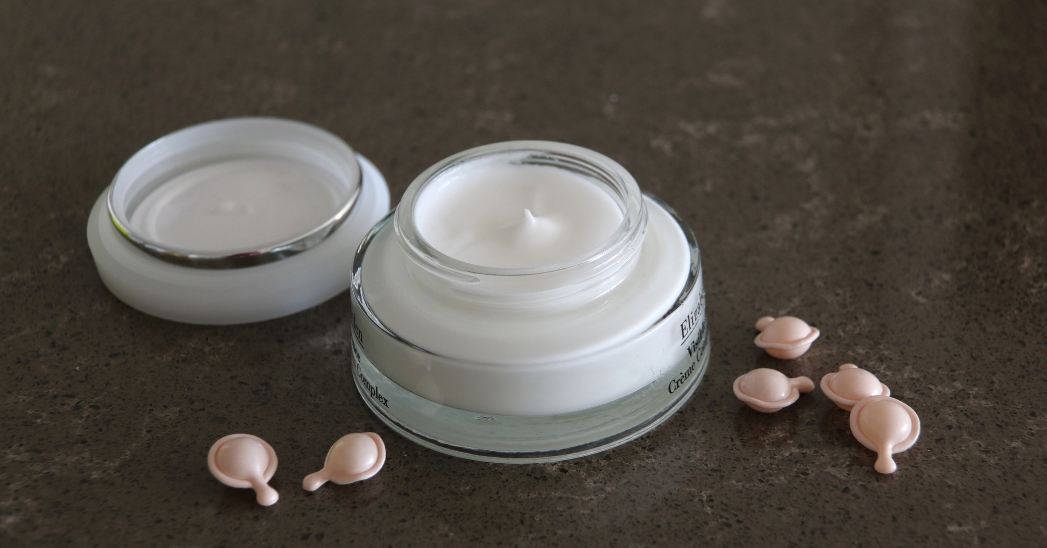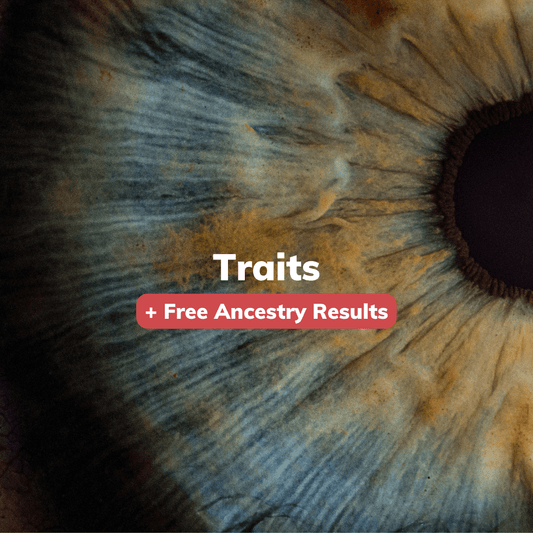
Vitamin A in Skincare
Celine HaarhoffVitamin A is a vital nutrient for overall health and wellness, but did you know genetics play a role in how your body responds to and utilizes this essential vitamin? A genetic predisposition to a vitamin A deficiency can impact how well your skin absorbs and benefits from skincare products containing this nutrient.
Understanding your genetic predisposition to vitamin A deficiency and undergoing a genetic test can help you tailor your skincare routine to maximize the benefits of this essential vitamin for your skin.
Your genetics determine how your body absorbs, metabolizes and utilizes vitamin A. If you have a genetic predisposition to vitamin A deficiency, your skin may carry the brunt of it, and you may be more inclined to:
- Dry, dull, wrinkled skin
- Skin aging
- Sun damage
- Hyperpigmentation or uneven skin tone
- Skin cancer
Too much sun can drain your skin of its vitamin A. Although sun exposure is necessary for our health, too much can be detrimental to your skin's health. Sun exposure increases your skin's vitamin A needs.
Benefits of Vitamin A in skincare
Vitamin A is a powerful nutrient that offers numerous benefits for the skin. It is essential for maintaining healthy skin cells and promoting cell turnover, resulting in a youthful, radiant complexion. Vitamin A also helps to improve skin elasticity and reduce the appearance of fine lines and wrinkles. It can also improve the appearance of hyperpigmentation and uneven skin tone.
Vitamin A is an antioxidant, which helps protect the skin from free radicals and environmental pollutants that can damage the skin and cause premature aging. It is also anti-inflammatory, making it beneficial for acne-prone or sensitive skin.
Types of Vitamin A in skincare products
Two types of Vitamin A commonly used in skincare products are retinol and retinoids. Retinol is the most commonly used form of Vitamin A in skincare products and is available in over-the-counter products. Retinoids, on the other hand, are only available by prescription from a dermatologist and are generally considered more potent than retinol.
Retinol is a gentle yet effective Vitamin A form suitable for most skin types. The skin converts it into retinoic acid, the active form of Vitamin A readily absorbed by the skin. Retinoids, on the other hand, are more potent and should be used cautiously, as they can cause irritation and sensitivity in some individuals.
How a genetic test can help
If you are experiencing symptoms of a genetic predisposition to Vitamin A in skincare, a genetic test can help determine if your body is not efficiently utilizing this essential nutrient. A genetic test can also provide personalized recommendations for your skincare routine, including the type and concentration of Vitamin A best suited for your skin type and needs.
A genetic test can also help you avoid potential side effects of using skincare products containing Vitamin A, such as irritation and sensitivity. By understanding your genetic predisposition to Vitamin A, you can tailor your skincare routine to maximize the benefits of this essential nutrient for your skin.


